Research at the PCDDP
The Preclinical Drug Development Platform forms part of the commercial arm of the Faculty of the Health Sciences with academic research and service to the industry. The PCDDP research uses animal models for preclinical drug research, to determine the pharmacokinetics, safety, and efficacy of test items. We have a multi-disciplinary research team with expertise in biochemistry, pharmacology, toxicology, analytical chemistry, veterinary sciences, and laboratory animal technology.
The PCDDP trains Master’s and Doctoral students in Pharmaceutical Sciences with projects focused on preclinical animal models, drug metabolism and pharmacokinetics (DMPK), bio-analytics, and ethnopharmacology (IKS). The research is applied to a range of disease areas, such as HIV, TB, malaria, diabetes, cancer, and depression and mood disorders.
The PCDDP collaborates with industry and academia such as South African Nuclear Energy Corporation (NECSA), CSIR, University of Pretoria, University of Kwa-Zulu Natal, University of Zimbabwe and University of Cape Town.
The PCDDP is a member of the International Mouse Phenotyping Consortium (IMPC) , whose overall aim is to develop insights to the function of every murine gene. This will provide transformative insights into the genetic basis of diseases that will affect the clinical diagnosis and management to ultimately prevent, detect, diagnose and treat diseases.
PCDDP research facilities
The PCDDP boasts two facilities. The first is a state-of-the-art animal facility, and the second is a bio-analytical lab.
The PCDDP has qualified professionals and a state-of-the-art AAALAC accredited and OECD GLP compliant Vivarium, equipped with environmental control and data capturing systems, for conducting preclinical studies. The primary environmental and facility control is managed from an internal plant room, where the individual rooms can be isolated from the HVAC (heating ventilation and air conditioning) system. Lighting in the facility can be managed in terms of light intensity and photoperiod. All procedure rooms are fitted with infra-red lighting sources to facilitate after hour activities. When needed, night and day cycles can be reversed. A light dimmer system imitates the natural transition from day to night and vice versa. For studies with infectious agents such as bacteria and viruses, there is also a DALRRD certifiedBSL3 laboratory.
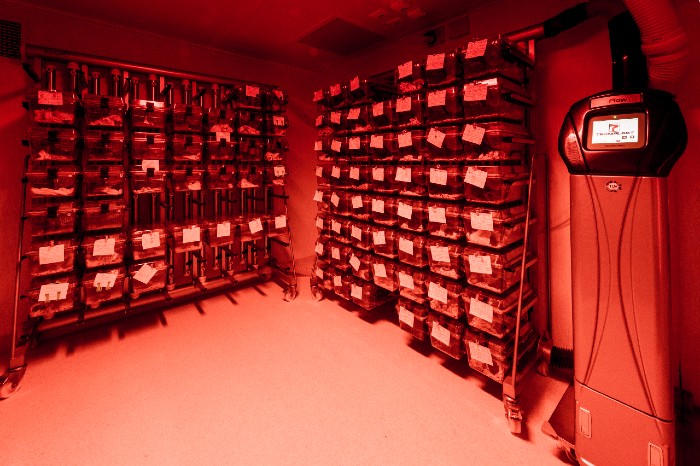
The PCDDP also has a breeding facility equipped to produce rodents — various mouse and rat strains under SPF conditions. SPF status of the animals is confirmed by a health screening and sentinel program where the presence or absence of pathogens are determined according to a FELASA pathogen list. The facility has established procedures to ensure continued SPF status of the animals.
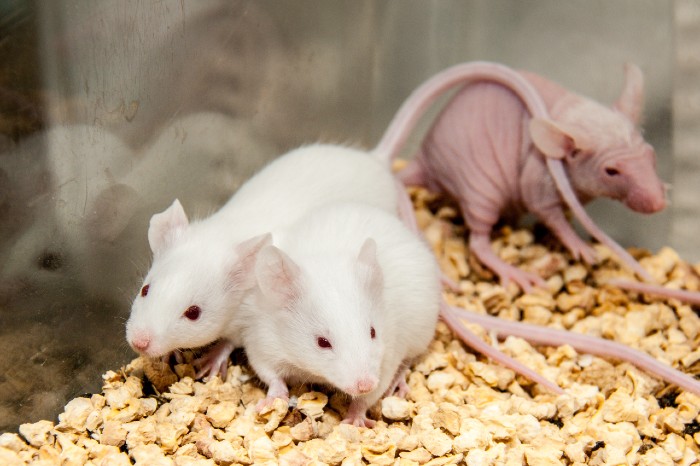
The facility and waste flows are designed to comply with cGMP requirements for vaccine batch release. The PCDDP Vivarium has been validated according to a validation master plan and commissioned in accordance with GMP. A quality management system is in place with procedures stipulated in controlled SOPs and all records are archived.
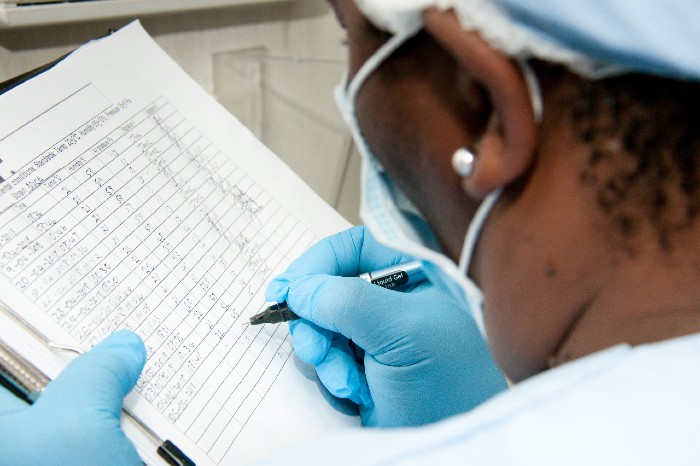
PCDDP Vivarium 1st floor building: https://my.matterport.com/show/?m=TuHujQ3QpXK&brand=0
PCDDP Vivarium basement: https://my.matterport.com/show/?m=wqT9SgnumLJ&brand=0
The bioanalytical facility at the PCDDP specialises in the analysis of drugs and drug metabolites in various biological fluids and tissues. The facility is equipped with a Sciex 4000 QTRAP tandem mass spectrometer linked to an Agilent 1290 UPLC and CTC-HTx PAL autosampler. This instrument can provide shorter run times, high throughputs, HILIC and reverse phase chromatography, and superior sensitivity and selectivity through its Multiple Reaction Monitoring (MRM) mode.
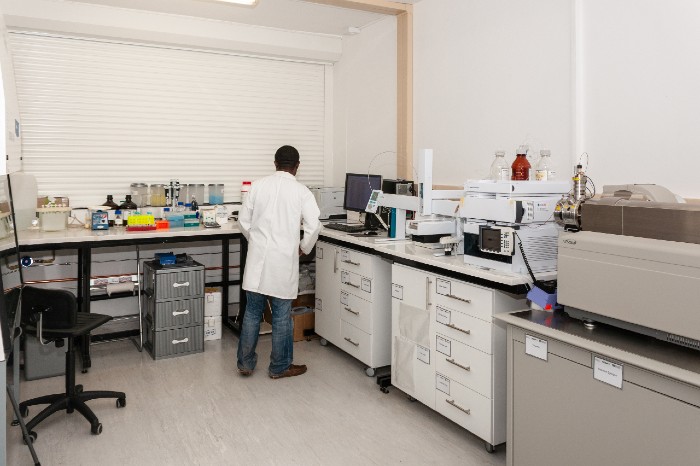
Thus far, the facility has several validated methods for the analysis of commercial drugs in biological fluids including anti-diabetic drugs, blood pressure medication, anti-cancer drugs, antiretroviral medication, and cannabidiols. The validation adheres to guidelines set out by the FDA and EMA, which involve a series of validation steps such as selectively, carry-over, linearity and sensitivity, precision and accuracy, matrix effects, dilution integrity and stability that must be within the range of specific statistical parameters.
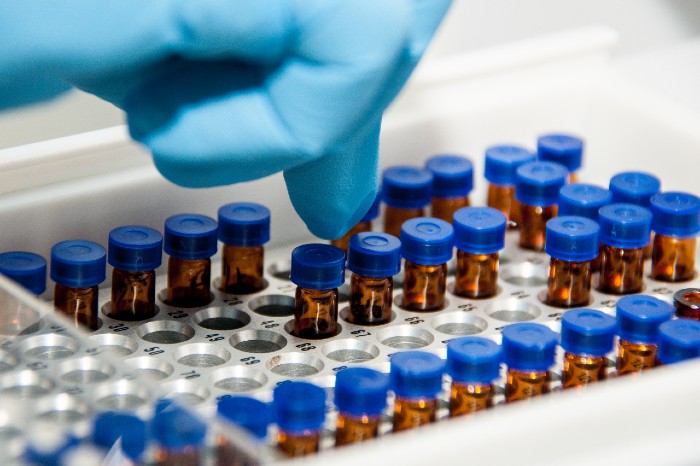
The PCDDP bioanalytical facility has a variety of sample preparation methods, to ensure optimal extraction of drug analytes from their sample matrix for accurate and reliable analysis.
Our aim is to deliver fast and reproducible methods that can be developed according to the compounds measured and the study’s needs.
For more information on the Services at the PCDDP click here
Bioanalytical lab: https://my.matterport.com/show/?m=dpRhWAemcnv
